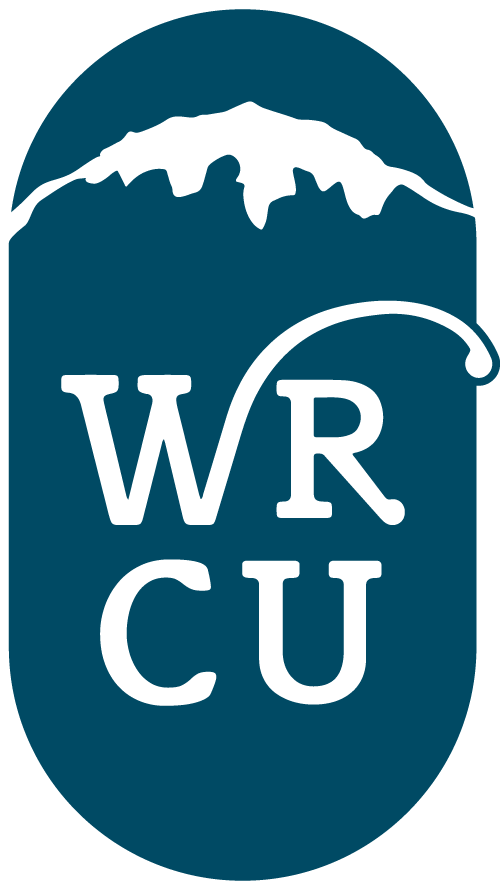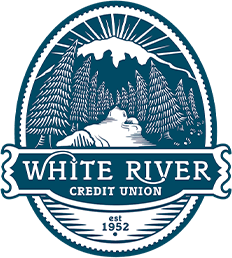
Credit cards are a handy, beneficial tool in modern society. You need a credit card on file to hold a hotel reservation, and credit cards make shopping online easy if you do not have a debit card. Plus, making payments on a credit card can help build your credit score, which makes you more eligible for larger purchases like a car or house. As we like to say, good credit is formed by good habits. However, if you make continual poor choices with your credit card, you can quickly and easily fall into credit card debt.
Whether it’s unexpected medical bills, rent, or emergency car maintenance, these charges to your credit card add up. Steadily throwing common expenses onto a credit card can build up over time and leave you in over your head with debt. As debt builds, many people find it increasingly difficult to get out of debt, especially if they fail to make monthly payments and have to pay steep interest rates.
Coming out of a pandemic, many people have experienced an increase in credit card debt. With the widespread loss of income, medical expenses, and business disruptions, many individuals had to lean on credit cards to pay for groceries and rent. At White River Credit Union, we want to provide you with the best financial advice and assistance possible so you do not have to remain in credit card debt and can work towards financial stability. We know that managing credit cards and juggling payments can be tricky without the right tools.
Tips to Avoid Credit Card Debt
1. Set Up a Budget
We know, ”budget” is not a fun word. But budgeting is a necessary tool that can help you avoid credit card debt and boost your savings savvy. Determine your monthly expenses and figure out which costs are “hard costs” (necessary expenses like taxes and insurance) and which are “soft costs” (utilities and entertainment). Figure out which parts of your monthly expenses are “variables,” or things you spend money on in some months but not others. Calculate how much you need to put into savings each month and how much you would like to put towards paying off your debt every month. From there, you can determine which of your monthly expenses can be trimmed down to fit your financial needs and goals.
2. Pay for What You Can & Pay on Time
If you don’t pay your credit card bill on time every month, you can accrue additional debt in interest payments. This prolongs your debt and makes it even harder to pay off. The best option to avoid credit card debt is to pay off your credit card in full every month and pay on time. If that is not possible for your current financial situation, pay the minimum payment or some of the minimum payment on your credit card bill. Any amount helps, even if it isn’t the full balance. Paying on time can help you avoid any late fees or your credit card company raising your interest rate.
3. Only Use for Emergencies
Reserving your credit card for emergency use only can help you avoid using your card for unnecessary or extra purchases. If an emergency happens and using your credit card is your only option to pay for that emergency, make a plan for how to pay it off in your monthly budget.
4. Keep a Record of Purchases
Paying attention to your credit card bills can help you keep track of your monthly expenses, any errors, and even credit card fraud. Every month, compare your credit card bills to the previous month to see areas that can be better improved or where vendors have made an error in their charges to your card.
5. Limit the Number of Credit Cards
Having too many credit cards can not only make it hard to track your purchases, but it also can make it more tempting to make unnecessary purchases. This can quickly lead to missing payments and wracking up additional debt. The majority of people do not need more than two credit cards.
Let WRCU Help with Your Credit Card Management
If you are struggling with managing your credit card debt, don’t be afraid to ask for help. At White River Credit Union, we want to improve our members’ financial literacy and help them be confident with money decisions. We provide a variety of resources and tools to help with managing debt and improving financial health. We love seeing members succeed and reach their financial goals. To learn more about how our team can help you manage your credit cards and word towards being debt-free, reach out to us today.



